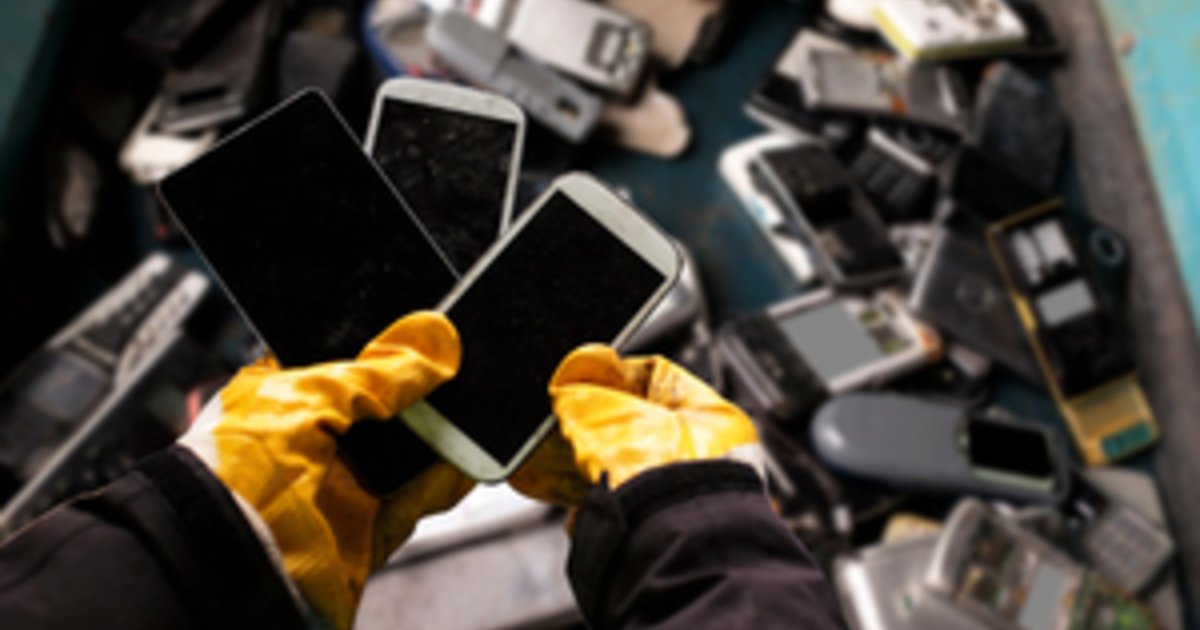The availability of resources is a reason for growing concern for manufacturers and individuals, particularly in the context of the manufacture of electric car batteries in sufficient numbers to ensure a carbon-free future. The Global Telecom Operators Association (GSMA) and twelve major mobile operators have pledged to collect at least 20% of the number of new phones sold so that they are “repaired, reused or transferred to controlled recycling organizations” by to 2030. In total, 5 billion unused smartphones would sleep in our drawers.
Reuse limited resources
The twelve telecom operators concerned (including Orange in France) have undertaken to recover at least 20% of the number of new telephones distributed via take-back programs. The smartphones thus recovered must all be repaired, reused or recycled via controlled organizations.
The GSMA estimates that 5 billion recycled smartphones can yield $8 billion (about 7.37 billion euros) in gold, palladium, silver, copper, rare earth elements and minerals. In addition, the cobalt thus recovered could enable the manufacture of 10 million electric batteries. At a time when we are considering a carbon-free future, in particular via a fleet of electric cars carrying increasingly large batteries, each resource is of crucial importance.
Reusing resources could also reduce the cost of manufacturing smartphones and connect more people. Additionally, the GSMA statement highlights the need to properly mine and reuse available but under-harnessed materials.
A rapidly growing sector
After a sluggish start in the early 2010s, the refurbished market has experienced a marked acceleration. The research firm Mordor Intelligence estimates that the market will grow by 10% per year by 2027. The turnover of the sector should increase from 49.9 billion dollars to more than 143 billion in 2031.
